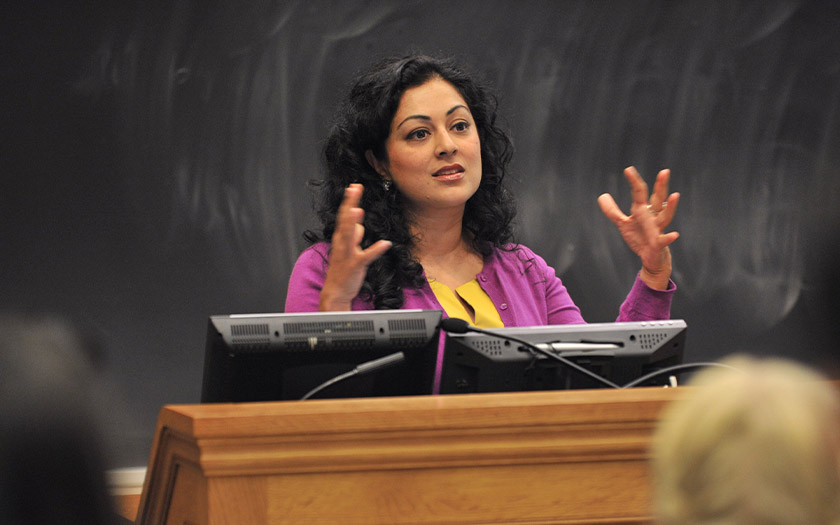
In a recent op-ed, Shobita Parthasarathy shared how the AstraZeneca vaccine crisis in Europe isn’t about science; rather it’s about public trust.
“There is a long-standing perception that vaccine hesitancy is the result of public ignorance or a dismissal of science,” said Parthasarathy. “But studies show that vaccine hesitancy is the result of mistrust in our governing institutions, including those dedicated to science and technology. Citizens are alarmed by the often cozy relationships between regulators and the industries they oversee and frustrated with the role of private interests in the research enterprise.”
Her perspective comes from her own research conducted through U-M’s Technology Assessment Project as well as evidence from the Challenger disaster, the Flint Water Crisis, and organizational problems at Centers for Disease Control and Prevention early in the pandemic.
Seen through the lens of public trust, “we should applaud European regulators’ decisions to adopt a precautionary approach to the Oxford-AstraZeneca vaccine… By suspending vaccine distribution and reviewing the data, European governments are allowing citizens to feel that their concerns are being heard and to trust that their governments are truly representing their interests.”
In the long term, Parthasarathy says maintaining public trust requires systemic solutions. To do so, she proposes 3 main priorities: 1) medical regulators should require physicians to report all adverse drug reactions, and set clear rules about what data triggers further review; 2) “regulators should include citizens’ perspectives—particularly from communities that are historically marginalized or that are likely to be skeptical—when reviewing vaccines”; and 3) regulators, research funding organizations, and other science and technology policy institutions need to make community concerns central to their day-to-day work.
You can read Parthasarathy’s full op-ed in Slate here.
